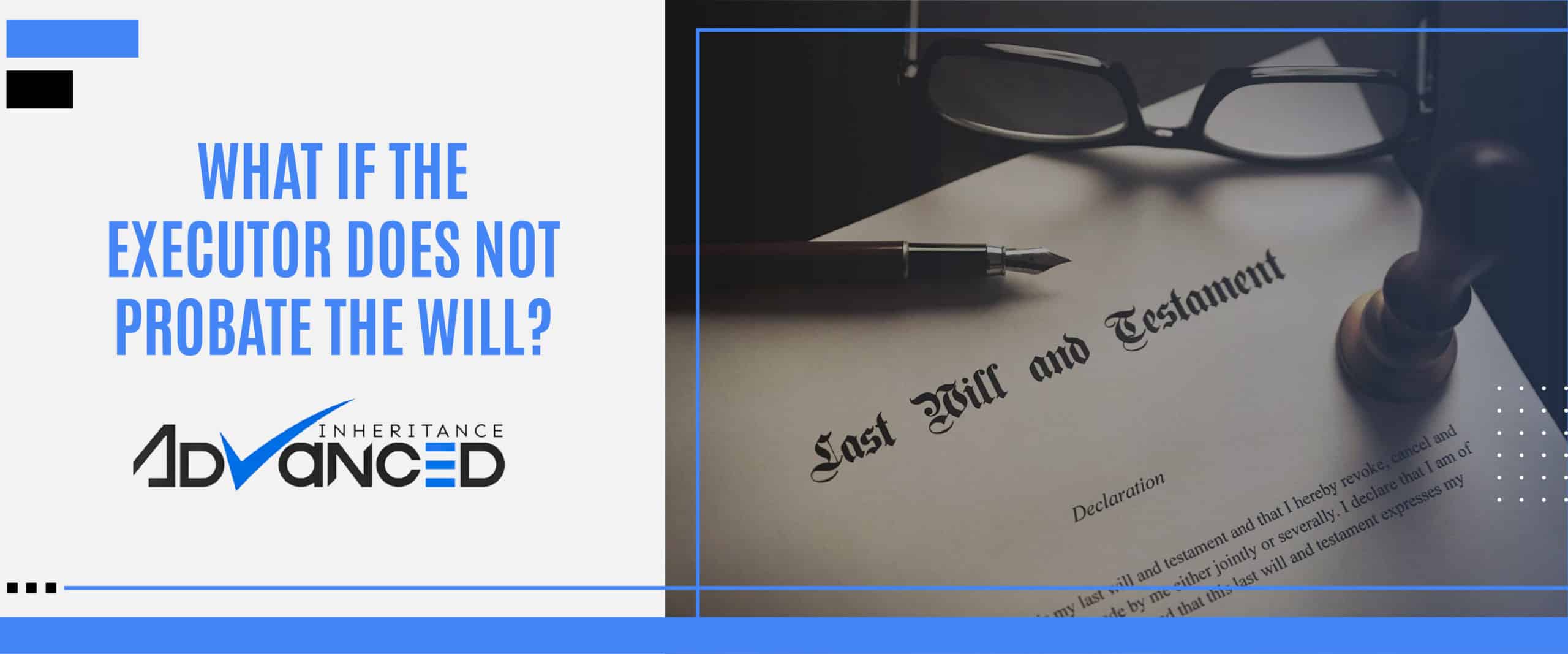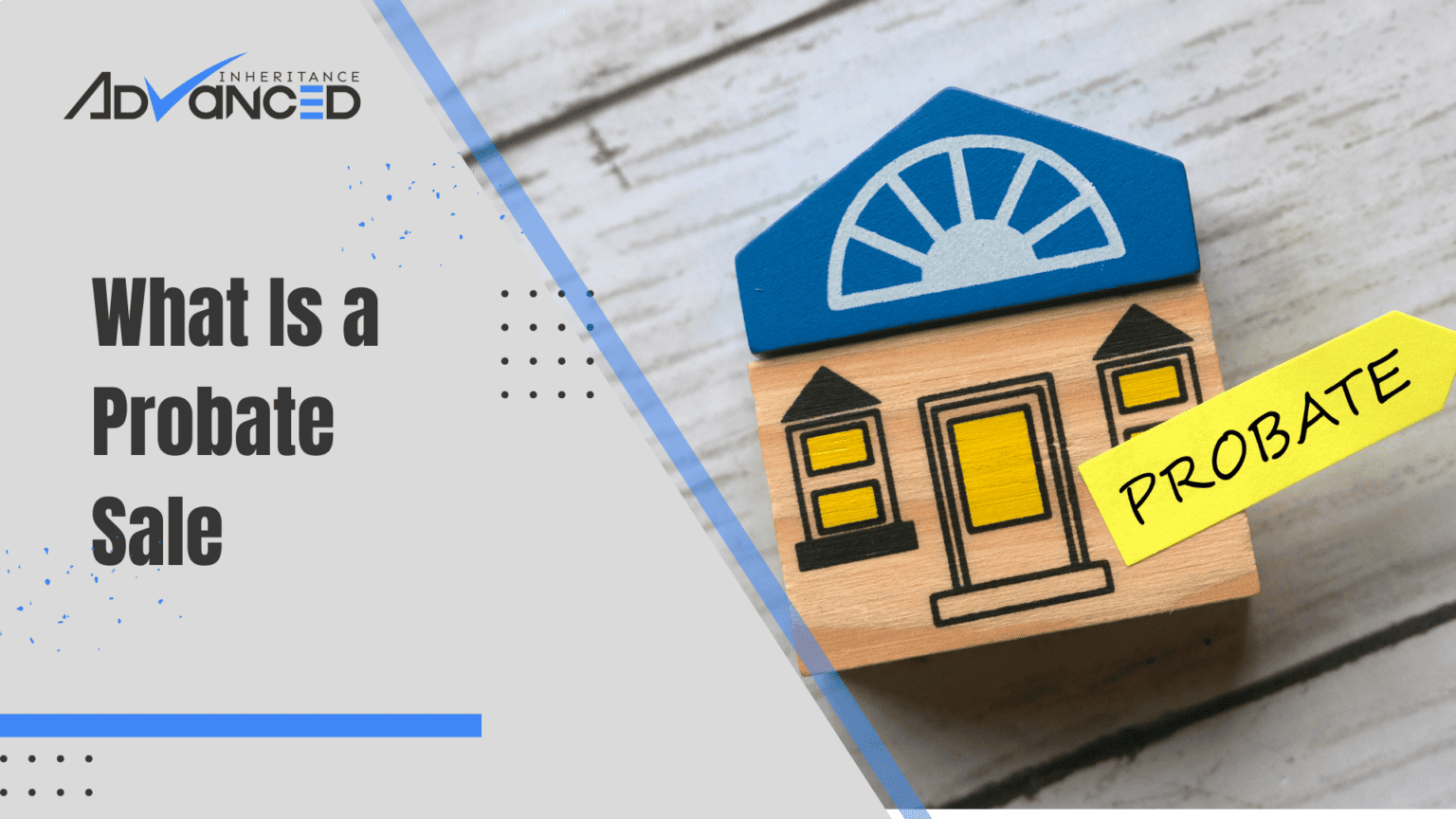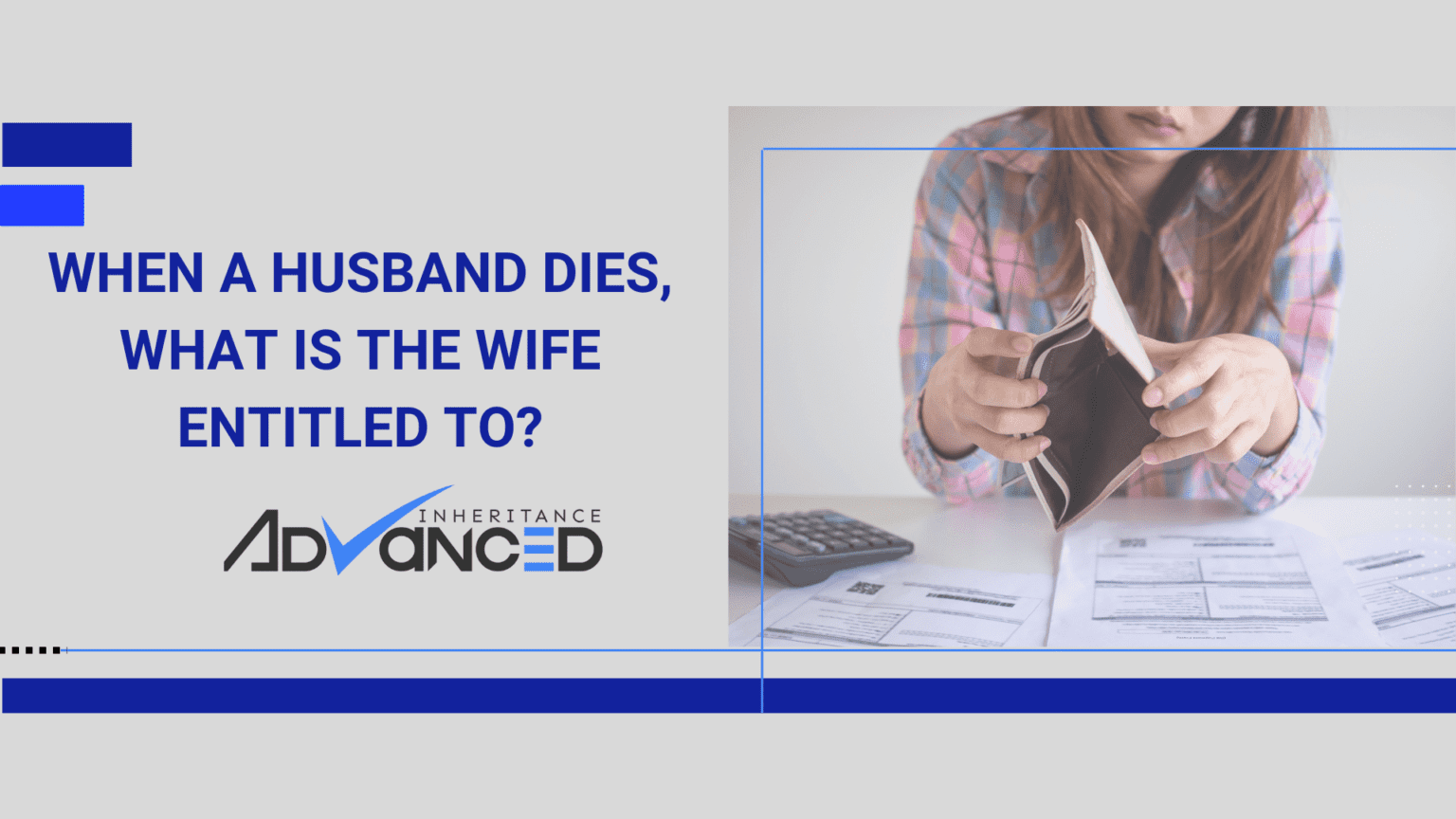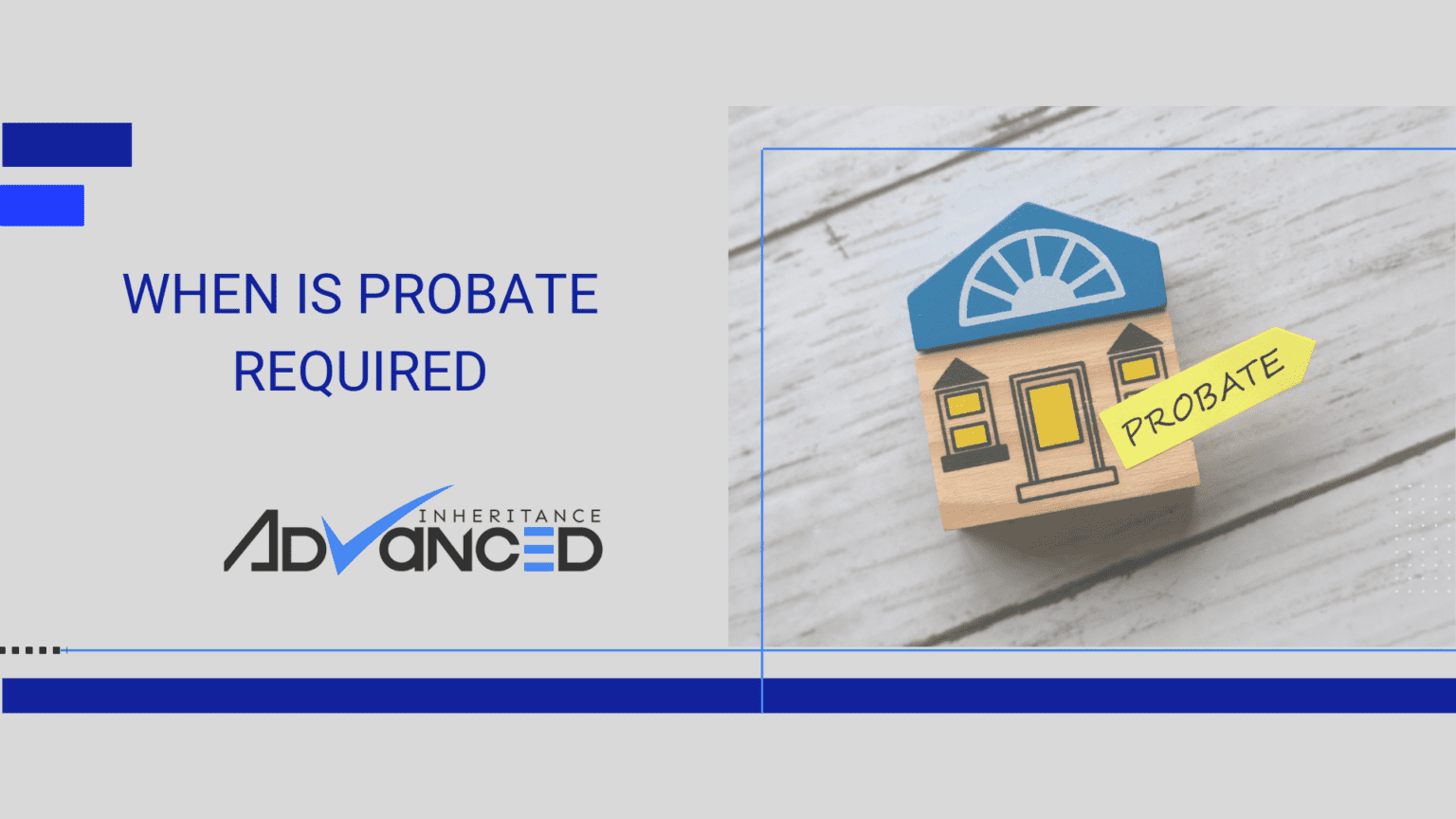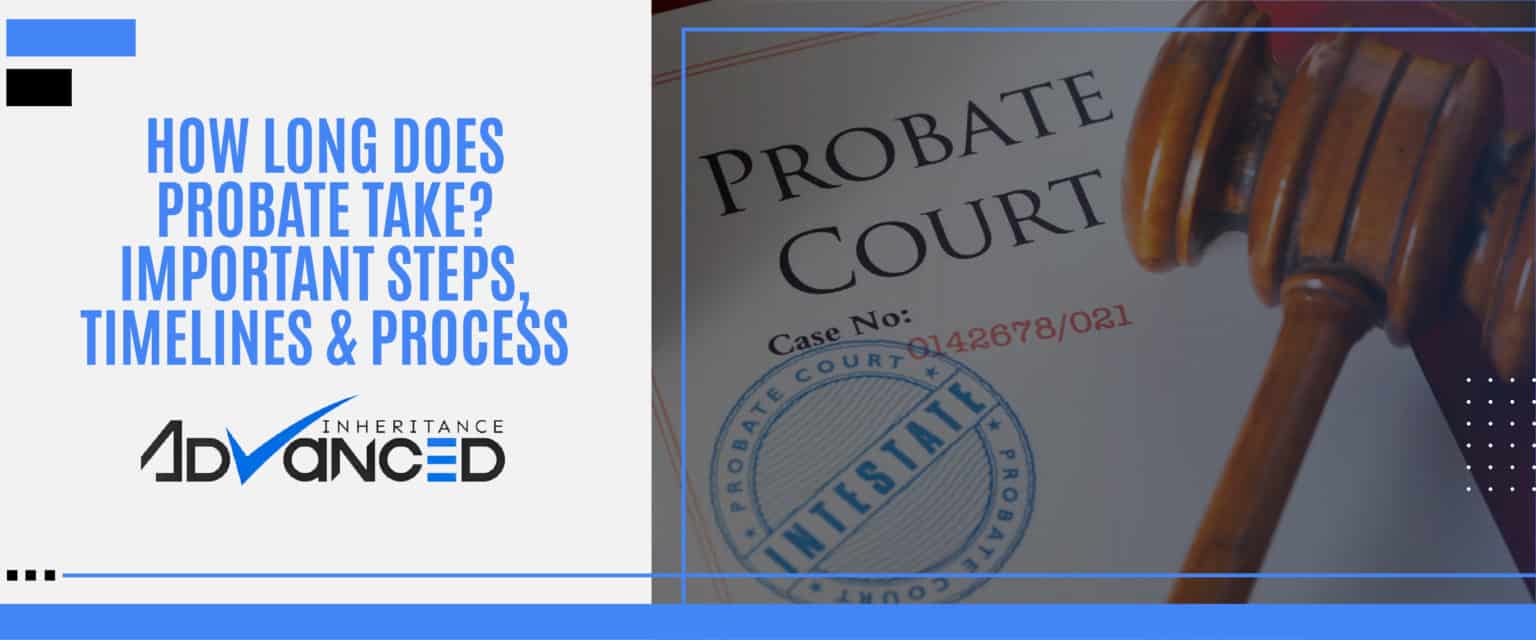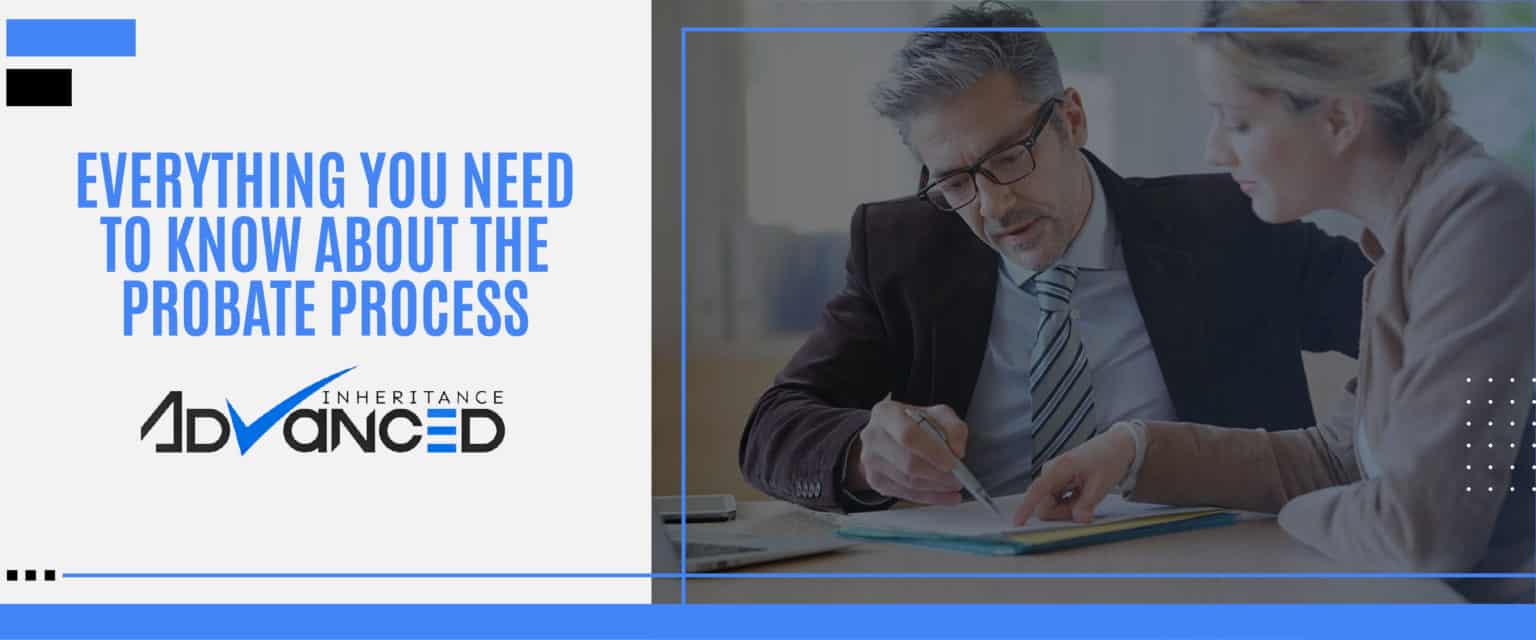There are circumstances where the executor of a will might not put the will through the probate process. There is nothing illegal with skipping probate but doing so could present a host of problems for the executor. Many estates will not go through probate, especially those that are small and do not have a lot of confusing assets. However, it’s still a good idea to explore putting a will in front of the probate court.
Table of Contents
Executor Requirements for Filing a Will
Wills are always submitted to the court in probate cases. In the end, it may not have to go through a full probate case, It may be deemed it is a “Simple Estate” but every state has different requirements to determine what can be a simple estate or probate case and which are not. The litmus test is usually the amount of the total estate “under X amount” or very little to no assets. It’s usually a monetary hurdle. Either way, the will is always submitted as part of the estate case/probate case.
The executor who fails to file the will could face civil or criminal charges in court. The heirs who stood to inherit assets from the will would also be permitted to file lawsuits against the executor for failing to perform their duties.
The majority of states require that a will be filed with the court within 30 days of the person dying. If you aren’t sure and have been named as an executor, be sure to contact the county clerk where the decedent lived or the local probate court.
I Don’t Want to Serve as the Personal Rep
If you wish not to serve as the executor, you are still required to file the document if you have it in your possession. When filing the document, the executor can request that the judge find someone else to serve in that capacity and relieve them of the associated duties.
The executor must notify the court of every effort made to find these documents if they are missing. If the will is old and the beneficiaries named in it predeceased the decedent, the executor must still file the will and notify the court of this.
Issues Arise Regarding Legal Title to Assets
When someone dies and they decide to leave assets to heirs, those assets are required to be passed to the heirs. This means that the titles of those assets have to be transferred to the names of the heirs.
If there are payable on death bank accounts or retirement accounts present, those accounts automatically go to the named heirs. If those clauses aren’t present, the estate will need to go through the probate process, even if there is a surviving spouse from a common law marriage who can handle the deceased’s estate.
The legal document states in writing which assets should go to specific heirs. Despite this, the court still has to review the will, the estates, and make sure that it is valid. The judge assigned to the case will also ensure that the assets are distributed correctly based on the wishes of the deceased person and allow for disputes from interested parties after the executor seeks to file probate. The judge will also help with transferring title of property.
Legal Claims Can be Made Against the Executor
As any probate attorney will tell you, the executor (also referred to as the personal representative) could be subject to legal claims brought by the heirs of the decedent according to state law. If the personal rep thought they could avoid probate and the legal process, the heirs could file a lawsuit against the executor to obtain what is rightfully theirs.
Don't Wait for Probate
Issues with the Will Might Not be Resolved if the Probate Process is Skipped
Again, it is important that you check with state law if you’ve been named the executor for someone’s will and estate. You might think that you can avoid probate, but you should seek legal advice before making that decision. A probate case will help to resolve any issues with the will. If probate is skipped, these issues could remain open for years to come. The will has to go through the civil court in order for an heir to challenge the terms. For example, a family member might believe that the deceased was not of sound mind when they signed the will or that they were under duress when they signed. Issues like these could wind up in criminal court if it is found that the decedent was forced to sign a will they did not approve while estate planning.Penalties the Personal Representative Can Face
A personal representative might not face legal repercussions for failing to initiate a probate case for a will, but he or she could very well face a civil lawsuit from the heirs of the family. Heirs can hire a law firm to help them sue for damages because they did not receive the estate assets of the estate that the will expressly left for them. There are circumstances in which the personal representative could face criminal charges for failing to go through probate with the will. This often happens when the local prosecutor believes that the executor is purposely intending to hide something related to the will for their own financial gain. One of the most common examples of this is if the decedent left their estate to a friend and an adult child was named as the personal rep. The adult child fails to send the will through probate and instead has the assets passed to them based on state law. If the existing will is discovered, the prosecutor for that county can bring a criminal violation against the executor.How to Transfer the Title to Property
One of the most important reasons why a will should go through probate is so that the title to property can be transferred to the correct heir with the help of an attorney. The property transfer process can be tricky if the personal rep attempts to handle it on their own. Titled assets should always be handled by the court. There are options for transferring assets without going through probate, including the following:- A living trust can be created that houses the only assets you choose (the named beneficiary automatically receives those benefits upon death)
- The owner of the estate can make sure that the assets are payable upon death to one or more beneficiaries (life insurance policies and bank accounts require a form to be completed)
How to File a Will That Does Not Require Probate
Consult a probate attorney. Tax and probate laws in every state are complicated. Setting up trusts and naming beneficiaries helps to circumvent the probate process but an expert estate planning lawyer in your area would know best.We Wait For Probate, So You Don't Have To
Frequently Asked Questions Regarding Executors
How do you know if probate is necessary?
For the most part, an estate has to go through probate if any of the following apply to your situation:
- If the estate is in trust, it does not haveto go through probate.
- If there are any assets that were not named in a trust, they usually haveto get probated.
- If there are no living beneficiaries named in the will or trust documents
- When probate is required to carry out the wishes of a valid estate document
Is a will valid if it is not probated?
Technically, a will becomes invalid if it has not gone through probate four years after the person died. If this situation occurs, you lose the chance to move the estate through probate completely. This can lead to serious consequences for the personal rep, the beneficiaries, and anyone else involved. The personal rep could be faced with tens of thousands of dollars in fines.
What happens if an executor does not apply for probate?
When someone passes away, it is the executor, administrator or personal representatives role to file probate documents. However, you are not required by law to file these documents. The problem is that without a probate, you will not be able to legally transfer the title of any assets under the decedents name that did not have a designated beneficiary on them.
What happens if an estate is not probated?
In this scenario, the beneficiaries do not receive the assets or property to which they are entitled. This allows them to then file a lawsuit against the personal rep for failing to perform the duties assigned to them. The lawsuit helps them acquire the assets and property legally owed to them.
Can I settle an estate without probate?
Yes, you can absolutely settle an estate without going through probate, depending on the law in your state. However, you open the risk of running into problems that could turn into legal battles down the road. If you live in Missouri, the value of an estate that is $40,000 or less can avoid probate according to the law. Otherwise, probate must be filed. Many people avoid probate through working with estate planning attorneys to make sure their assets are in trust or all have beneficiaries and thus do not have to pas through the court process.
Do I really only have 30 days to file the will?
As the personal rep for the family, you need to find out as soon as possible how much time you have to file the documents with the county clerk. Most states will provide up to three months for you to file. However, some states require the documents to be filed within 30 days of the person dying.
Should I hire a probate attorney?
It is always in your best interest to hire an attorney when put in charge of estates no matter where you live. An attorney understands the laws and can ensure that you are not opening up any liabilities with the steps you are taking. Keep in mind that the attorney client relationship is always confidential.
When do beneficiaries receive their money?
Before beneficiaries can receive the money or assets left to them, all of the creditors of the decedent have to be paid. Once the creditors are paid and all of the deceased’s debts from creditors are resolved, beneficiaries can receive a share of what remains of the deceased person’s estate.
Does estate tax apply?
It depends on where you live, but yes, estate tax might apply when filing for probate. You should also take into account any legal fees you incur while administering the estate.
If you Don’t Want To Wait For Probate, Inheritance Advanced Can Help
Probate is an important process that most states require for various situations. If your inheritance is in probate, we can advance you your money right away so you don’t haveto wait for the probate court process. We can help you acquire money in advance to help you pay the bills while you wait for the estate probate situation to be resolved.
Sources:
https://www.nolo.com/legal-encyclopedia/finding-filing-the-will.html
https://www.legalzoom.com/articles/state-requirements-for-a-last-will
https://legalbeagle.com/12080878-happens-executor-not-turn-probate-papers-time.html

